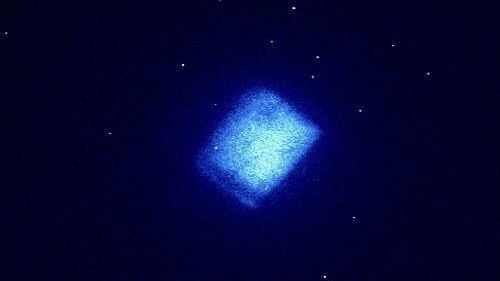The world’s first nuclear-powered battery, which uses a radioactive isotope embedded in a diamond, could power small devices for thousands of years, scientists say.
The nuclear battery uses the reaction of a diamond placed close to a radioactive source to spontaneously produce electricity, scientists at the University of Bristol in the U.K. explained in a Dec. 4 statement. No motion — neither linear nor rotational — is required. That means no energy is needed to move a magnet through a coil or to turn an armature within a magnetic field to produce electric current, as is required in conventional power sources.
The diamond battery harvests fast-moving electrons excited by radiation, similar to how solar power uses photovoltaic cells to convert photons into electricity, the scientists said.



Gotcha, understood.
Still, why is it that an Apple watch can’t even last 24 hours without needing a recharge, when I’m literally wearing a Casio designed to last 10 fucking years on a single button cell battery (that ain’t even rechargeable no less)?
To be fair, a standard (non-smart) watch uses a fraction of power compared to an Apple Watch which is still essentially a iPhone.
With that said, I have a Samsung watch, and though I charge it daily, it could probably last up to 3 days, so I don’t know what Apple is doing.
The Apple Watch can easily last over 24 hours if you only use it as a watch and nothing else. The 18 hour estimate Apple provides is if you use all the features throughout the day such as exercise tracking, notifications, quick replying to messages, etc. If anything the 18 hour number is under selling the battery life.
Okay, fair enough. I’m still just not a fan of having to regularly recharge a watch.